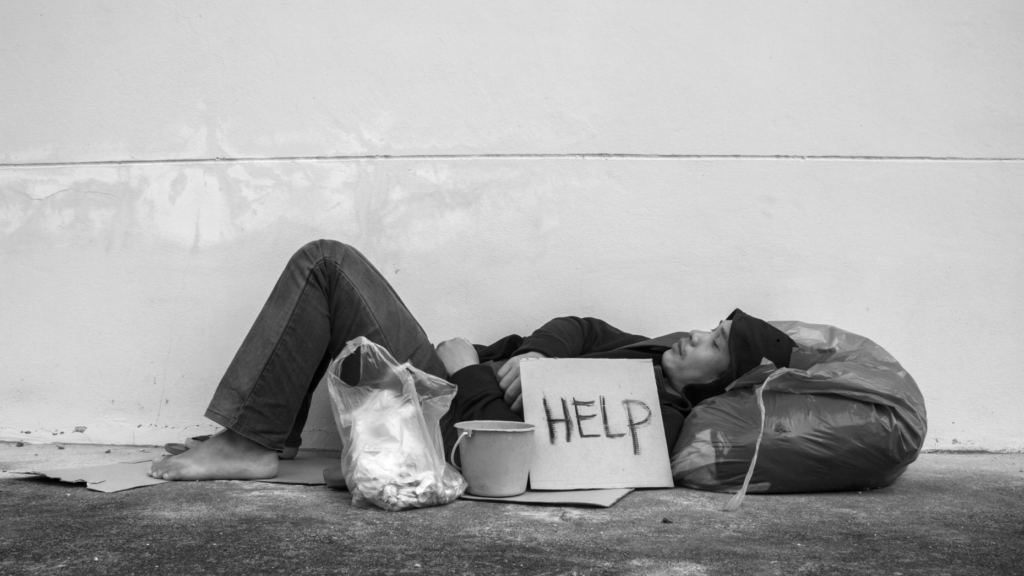Introduction to Colorado’s Homelessness Legislation
In a significant move to combat homelessness in Colorado, Representative Manny Lutinel has recently introduced a bill aimed at addressing the pressing need for housing solutions for the homeless population. The proposed legislation seeks to empower county clerks and recorders to allocate filing fees from real estate transactions to fund housing initiatives for both short-term and long-term occupancy. The backdrop for this initiative is a dramatic rise in homelessness across the state, particularly among families, highlighting the urgent need for innovative funding strategies to combat this crisis.
Understanding the Bill
The bill, named the Infrastructure Improvements to Reduce Homelessness, proposes that county clerks and recorders can set aside a portion of current filing fees specifically for affordable housing projects. Currently, Colorado’s filing fee for property transactions stands at 0.01 percent of the property value. For example, a transaction involving a $500,000 home would incur a filing fee of $50. A report by the Colorado Fiscal Institute indicated that clerks and recorders collected approximately $10 million in filing fees in 2020, demonstrating the potential for significant funding to support homeless initiatives.
The Current Homelessness Landscape in Colorado
Homelessness in Colorado has reached alarming levels, with a reported increase of 134 percent in homeless families from 2023 to 2024. This escalation underlines a growing crisis that necessitates immediate attention and action. The state’s existing facilities and services are strained, and with limited funding available for homeless services, innovative measures are essential to provide sustainable solutions. Representative Lutinel’s proposal is therefore pivotal in filling the financial void that hampers effective interventions for the homeless population.
Interagency Collaboration and Council Formation
Integral to the bill is the establishment of a council comprising representatives from multiple state departments—including the Governor’s Office, Health Policy and Finance, and Public Health—alongside housing advocates and community leaders. This collaborative body aims to meet monthly to analyze current homelessness statistics and propose actionable recommendations for enhancing homelessness prevention services. The endeavor emphasizes maximizing existing housing resources and refining current policies to improve interdepartmental coordination in addressing homelessness.
Implementing Effective Solutions
The bill mandates that Congress submits an annual report detailing recommendations for further legislative actions at the start of each regular session. This systematic approach aims to ensure continuous evaluation and adjustment of strategies based on data-driven insights. Through this legislative effort, Lutinel expresses his commitment to addressing the inefficiencies that plague current systems and hopes that a coordinated effort will lead to better resource allocation, boosting the effectiveness of funding initiatives.
Addressing Funding and Infrastructure Issues
In various interviews, Representative Lutinel emphasized that a significant aspect of Colorado’s homelessness crisis stems from insufficient funding and a lack of synchronization between state agencies, local governments, and non-profit organizations. He advocates for a data-driven approach to identify where funds can be utilized more effectively, ensuring that successful programs are expanded while those lacking efficacy are re-evaluated. This imperative reflects a broader understanding that effective measures to end homelessness must also include robust support systems to prevent individuals from falling into homelessness altogether.
Conclusion
The introduction of the Infrastructure Improvements to Reduce Homelessness bill marks a proactive step towards addressing the escalating homelessness crisis in Colorado. By enabling county clerks to channel filing fees into housing programs, the proposed legislation aims to create a sustainable funding mechanism for the construction and maintenance of affordable housing options. Moreover, the collaboration among various state agencies and community organizations is anticipated to elevate the efficacy of tactical responses to homelessness. As Colorado takes strides towards a coordinated and funded approach, the hope remains that these measures can mitigate the current challenges faced by the homeless population.
FAQs
What is the purpose of Representative Manny Lutinel’s bill?
The bill aims to allow county clerks and recorders to use filing fees from real estate transactions to fund short-term and long-term housing solutions for homeless individuals and families in Colorado.
How much has homelessness increased in Colorado?
Colorado has experienced a 134 percent increase in homeless families from 2023 to 2024, indicating a growing need for effective solutions.
What funding mechanisms are proposed in the bill?
The bill proposes that a portion of the current statewide document filing fees—set at 0.01 percent of the property value—be allocated to support affordable housing projects.
Who will be part of the interagency council established by the bill?
The council will include representatives from the Governor’s Office and various state departments, housing advocates, community leaders, and formerly homeless individuals, meeting regularly to discuss homelessness-related issues and solutions.
What are the expected outcomes of this legislation?
The goal is to provide a sustainable funding source for housing projects while enhancing interagency collaboration to streamline efforts and improve services available to the homeless population.

